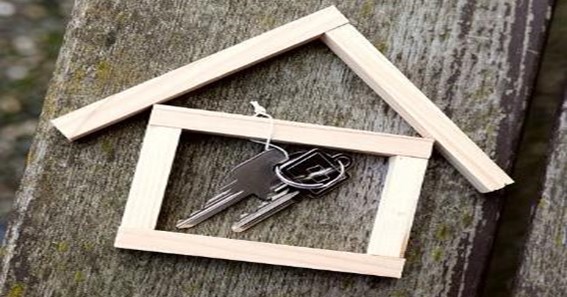Although putting your money behind a good rental property can be a profitable venture, there are a number of stumbling blocks first-time investors are liable to encounter. As lucrative an investment as your first rental property may turn out to be, going into the process unprepared can result in copious headaches, wasted effort and depleted financial resources. So, if you’ll soon be purchasing your first rental property and want the process to proceed as smoothly as possible, put the following pointers into practice.
Determine What You’re Looking for in a Rental Property
As is the case with any type of large investment, having a clear picture of what you’re looking for can serve you well in your search for the right rental property. For example, are you looking to purchase a single-family unit or a building or complex that houses multiple units? Secondly, how much passive income are you hoping to generate with this investment? Depending on the area in which you intend to invest, you may discover that it’s simply not possible to command the type of rent you wish to collect. After all, if you’re asking for high rent in an area with very low demand for rental properties, you’re liable to be disappointed.
Get Repair and Renovation Estimates Before Purchasing
Many experienced property investors recommend against selecting a fixer-upper as your first rental property. While this isn’t to say that you should absolutely never invest in one, a property that requires a massive amount of work is likely to turn your first foray into a stressful nightmare. Still, virtually every property you come across will probably require some degree of work, and it’s perfectly common for first-time investors to tackle minor-to-moderate repairs and renovations.
Needless to say, it helps to have an idea of how much repairs and/or renovations will cost before committing to purchase a property. With this in mind, make a point of getting estimates before filling out any paperwork. You may ultimately discover that the cost of fixing certain problems makes a property a bad investment – which is good knowledge to have before a deal has been made. Additionally, should you decide to move forward with a deal, the aforementioned estimates stand to strengthen your bargaining power. Furthermore, when preparing to carry out large scale repairs or renovations, good permitting software is likely to come in handy.
Consider How Much Maintenance the Property Requires
Unsurprisingly, some rental properties require far more maintenance than others. For instance, older properties tend to need a higher degree of upkeep than recently-constructed ones. Additionally, multi-family rentals require more maintenance than single-family rentals simply by virtue of the fact that they house more people.
If you’re fairly adept at home improvement matters, you may be able to handle a lot of the maintenance requests your tenants make on your own. However, if things like this aren’t exactly your strong suit, you’ll need to hire outside maintenance personnel. Furthermore, for apartment buildings and complexes, full-time maintenance professionals are often needed. So, before committing to buy your first rental property, make sure to take projected maintenance costs into account.
For good measure, you should consider how much the property will cost to insure. Since you, the owner, won’t be living there, you can’t apply homeowners insurance to a rental property. Instead, you’ll need to seek out a convenient landlord insurance policy.
Properly Screen All Prospective Tenants
Going with your gut is never a good idea when reviewing rental applications from prospective tenants. If you wind up taking on tenants who are unable to keep up with rent, your income and your ability to maintain the property are liable to be impacted. To help ensure that you select the right tenants, make sure to run a credit check on every applicant, confirm that they have enough income to comfortably afford rent and follow up with every reference they provide. Even if an applicant is perfectly nice and presents themselves well in person or over the phone, this shouldn’t be taken as proof that they’ll make a good tenant.
A good rental property can be a tremendous boon to your financial bottom line. However, this doesn’t mean that every property you come across represents a beneficial investment. Furthermore, jumping into a rental property investment without first tending to the proper prep work stands to cost you a significant amount of money. As any experienced investor can attest, a lot can go wrong with your first rental property – especially if you go in unprepared. To help ensure that your first rental property investment goes off without a hitch, make good use of the advice outlined above.







